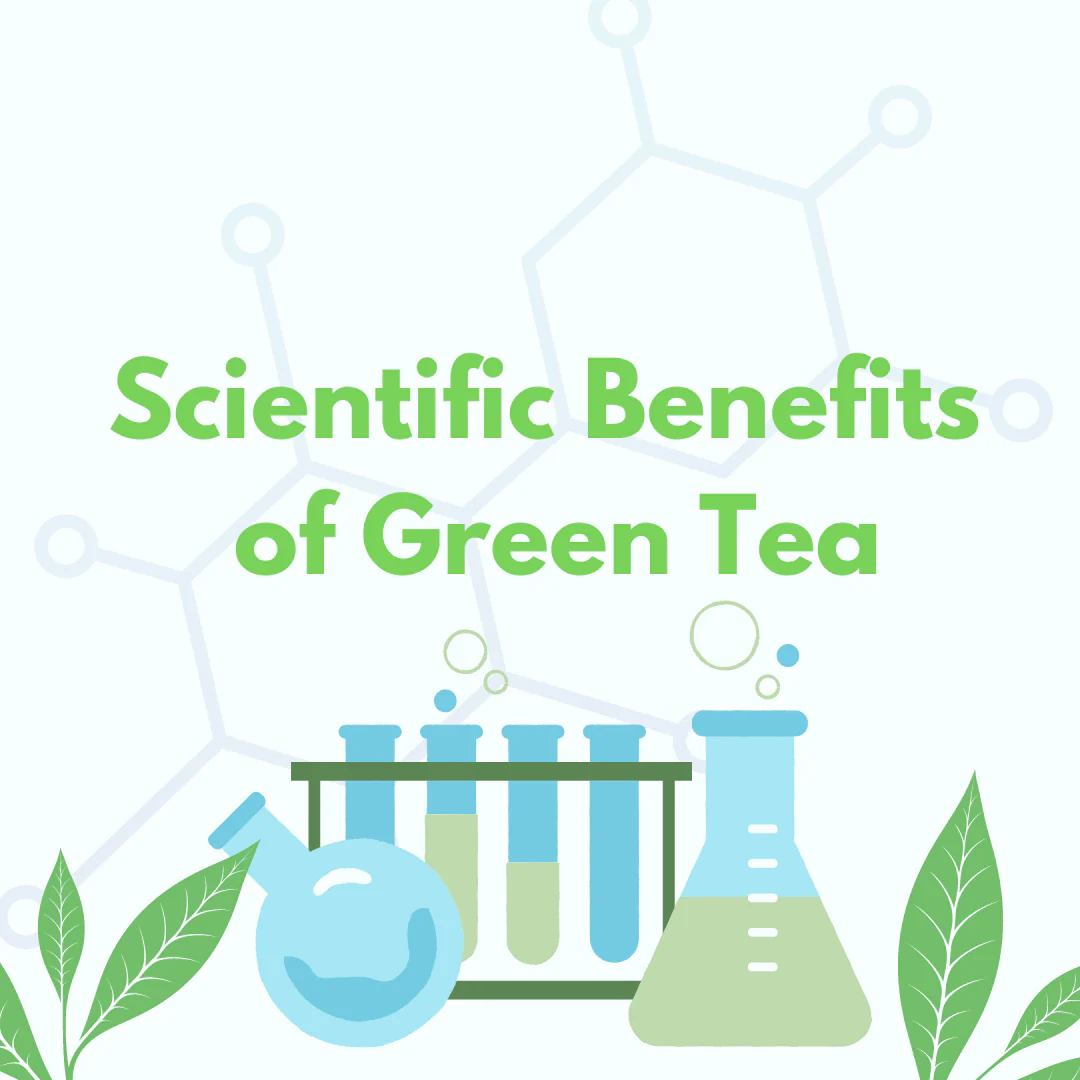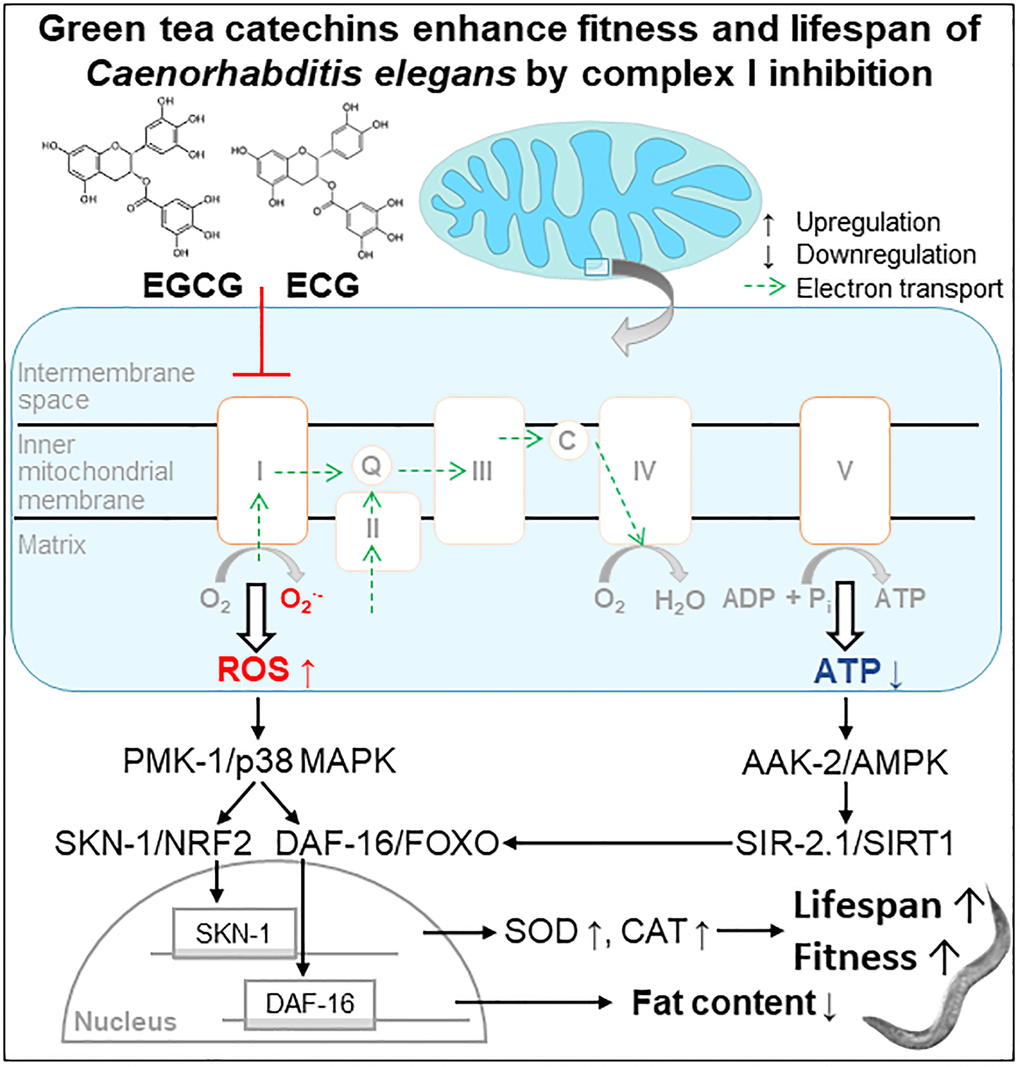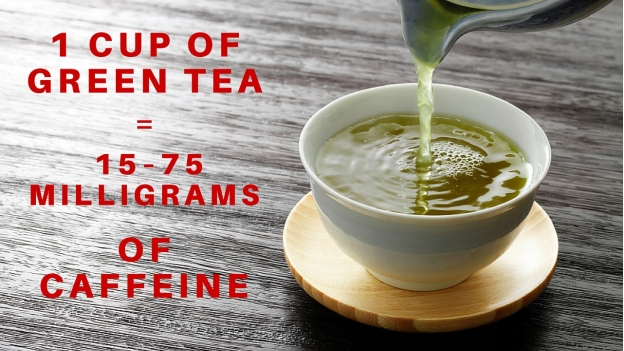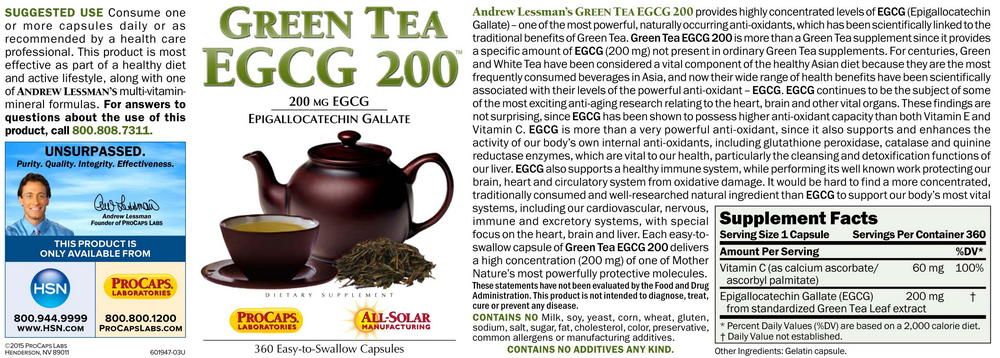Content Menu
● Introduction
● Understanding Green Tea Extract Composition
● Recommended Dosage Guidelines
>> General Health Maintenance
>> Weight Management Support
>> Metabolic Health
● Timing and Administration
>> Meal Timing
>> Daily Distribution
● Safety Considerations and Precautions
>> Liver Health Monitoring
>> Individual Sensitivity
>> Quality and Standardization
● Potential Interactions and Contraindications
>> Medication Interactions
>> Special Populations
● Conclusion
● Frequently Asked Questions
Introduction
Green tea extract has emerged as one of the most studied natural supplements in modern scientific research, garnering significant attention for its potential health benefits and therapeutic applications. This concentrated form of green tea contains powerful compounds, particularly epigallocatechin gallate (EGCG), which is responsible for many of its beneficial effects. Understanding the appropriate dosage of green tea extract is crucial for maximizing its benefits while ensuring safety. This comprehensive guide explores the scientific evidence behind green tea extract supplementation, optimal dosage recommendations, and important considerations for different health objectives.

Understanding Green Tea Extract Composition
Green tea extract is a concentrated form of the active compounds found in green tea leaves. The primary bioactive components are catechins, a class of polyphenol antioxidants. Among these, EGCG is the most abundant and potent compound, accounting for approximately 50-75% of the total catechin content. Other important catechins include epicatechin (EC), epigallocatechin (EGC), and epicatechin gallate (ECG). The standardization of green tea extract typically focuses on its EGCG content, as this compound is considered the primary driver of its therapeutic effects.
Recommended Dosage Guidelines
The appropriate dosage of green tea extract varies depending on several factors, including the intended health benefit, individual characteristics, and the specific formulation being used. Based on extensive research and clinical studies, here are the general dosage recommendations for different purposes:
General Health Maintenance
For general health benefits and antioxidant support, a daily dose containing 200-400mg of EGCG is typically recommended. This amount can be obtained from standardized green tea extract supplements that contain 50-90% EGCG by weight. The supplementation can be divided into two or three doses throughout the day to maintain steady levels in the bloodstream.
Weight Management Support
For individuals seeking weight management benefits, research suggests that higher doses may be more effective. Studies have shown beneficial effects with daily doses containing 400-800mg of EGCG. However, it's crucial to start with a lower dose and gradually increase it while monitoring tolerance.
Metabolic Health
When targeting metabolic health improvements, including blood sugar and lipid management, moderate doses of 300-500mg EGCG daily have shown promising results in clinical studies. This dosage range appears to provide optimal benefits while minimizing the risk of side effects.

Timing and Administration
The timing of green tea extract supplementation can significantly impact its effectiveness and tolerability. Here are key considerations for optimal administration:
Meal Timing
Taking green tea extract with meals can help reduce the potential for stomach irritation and enhance absorption. However, some studies suggest that taking it between meals might increase the bioavailability of certain compounds. A balanced approach is to divide the daily dose between meals and monitor individual response.
Daily Distribution
Rather than consuming the entire daily dose at once, it's generally recommended to spread the intake throughout the day. This approach helps maintain steady levels of beneficial compounds in the system and may reduce the likelihood of side effects.

Safety Considerations and Precautions
Understanding the safety aspects of green tea extract supplementation is crucial for responsible use. Several important factors should be considered:
Liver Health Monitoring
Regular monitoring of liver function is recommended for individuals taking green tea extract supplements, particularly at higher doses. While rare, cases of liver sensitivity have been reported, making it important to be aware of any unusual symptoms.
Individual Sensitivity
Some individuals may be more sensitive to the effects of green tea extract. Factors such as caffeine sensitivity, existing medical conditions, and concurrent medication use should be carefully considered when determining appropriate dosage levels.
Quality and Standardization
The quality and standardization of green tea extract supplements can vary significantly between manufacturers. It's essential to choose products from reputable manufacturers that provide clear information about EGCG content and standardization methods.
Potential Interactions and Contraindications
Understanding potential interactions between green tea extract and other substances is crucial for safe supplementation:
Medication Interactions
Green tea extract may interact with certain medications, including blood thinners, stimulants, and some antibiotics. Consultation with a healthcare provider is essential for individuals taking prescription medications.
Special Populations
Pregnant women, nursing mothers, and individuals with certain medical conditions should exercise particular caution and seek medical advice before starting green tea extract supplementation.

Conclusion
The appropriate dosage of green tea extract depends on various factors, including individual health goals, tolerance, and overall health status. While research supports its potential benefits, careful attention to dosage guidelines and safety considerations is essential. Starting with lower doses and gradually increasing while monitoring response appears to be the most prudent approach to supplementation.
Frequently Asked Questions
Q: What is the maximum safe daily dose of green tea extract?
A: The generally recommended maximum daily dose should not exceed 800mg of EGCG, with most studies suggesting 300-400mg for optimal safety and efficacy.
Q: Can green tea extract be taken on an empty stomach?
A: While it's possible, taking green tea extract with meals is generally recommended to minimize the risk of stomach irritation and optimize absorption.
Q: How long does it take to see benefits from green tea extract supplementation?
A: Results vary by individual and intended benefit, but most studies show effects beginning within 8-12 weeks of consistent supplementation.
Q: Are there any groups who should avoid green tea extract?
A: Pregnant women, those with liver conditions, and individuals sensitive to caffeine should consult healthcare providers before using green tea extract.
Q: How can I ensure I'm choosing a high-quality green tea extract supplement?
A: Look for products from reputable manufacturers that clearly state EGCG content, have third-party testing, and provide standardization information.































